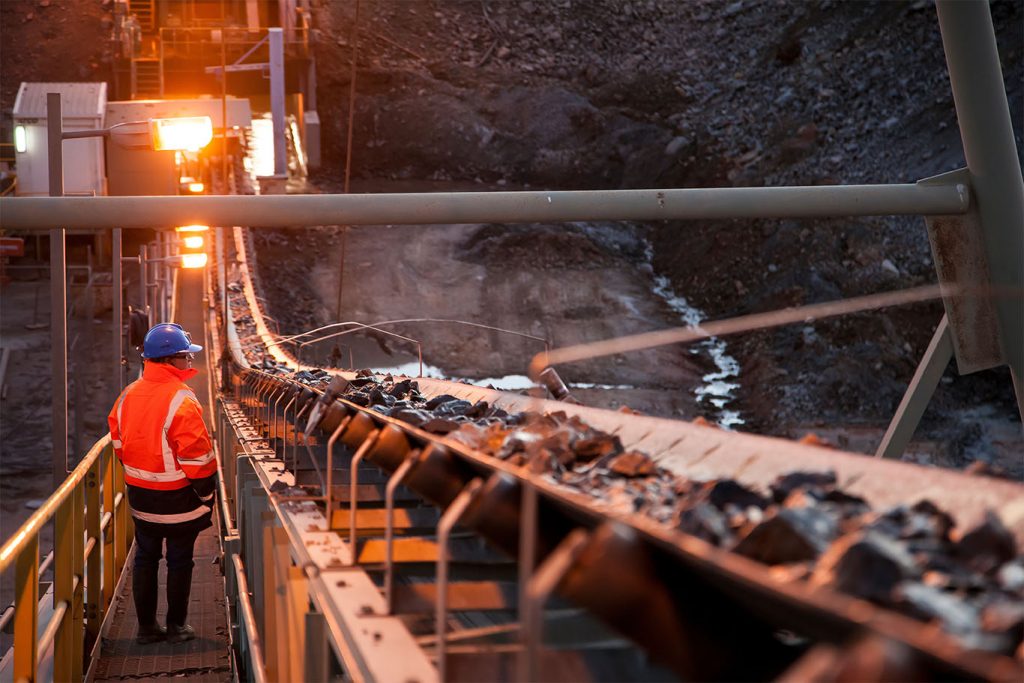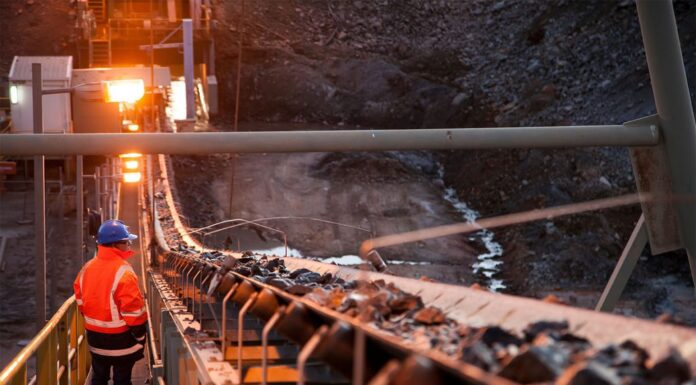
Copper prices surged on Monday following China’s announcement to shift from its traditionally “prudent” monetary policy to a “moderately loose” stance. The initial market reaction pushed copper prices to a four-week high of $4.30 per pound ($9,470 per tonne). However, by the end of trading, the rally lost momentum, with futures retracing most of the gains.
This isn’t the first time optimism surrounding China’s economic stimulus has sparked temporary rallies. Similar spikes occurred in late September, but copper prices remain nearly 10% lower since then. Analysts remain cautious about the long-term impact of China’s monetary policy. London-based Capital Economics recently noted in a research note that monetary easing in China is less effective now than in the past, citing reduced willingness among households and businesses to take on debt.
The Role of Fiscal Policy
Analysts predict that this year’s on-budget investment spending in China will hit its highest level since 1987. This bodes well for metals like copper, which is crucial in construction, manufacturing, and industrial applications. While fiscal measures may spur short-term demand, structural issues within China’s construction sector pose significant challenges. Analysts forecast a potential 50% decline from peak construction activity, which could weigh heavily on copper demand over the long term.
Shifting Demand Drivers
The green energy transition and technology-driven industries are becoming increasingly vital for copper demand. Copper plays a critical role in renewable energy technologies such as electric vehicles (EVs), solar panels, and wind turbines. Demand from these sectors is projected to grow at a compound annual growth rate (CAGR) of 10.7% through 2034. However, these emerging markets are unlikely to fully compensate for declines in traditional sectors such as construction.
Outlook for Copper Prices
Despite the optimistic prospects for renewable energy and electrification, analysts predict a bearish outlook for copper prices in the short term. Prices could drop below $9,000 per tonne in 2024, averaging $8,000 by the end of 2026. Over the next decade, the market may experience further declines as structural challenges persist. However, the long-term outlook remains more bullish. Beyond 2026, demand is expected to outpace supply, driven by renewable energy and electrification trends.
Expanding Copper Mining Production
The copper mining sector is poised for growth amid increasing global demand. U.S. copper mine production is expected to rise by 4% in 2024, reaching approximately 1,172.8 thousand tonnes. This growth stems from enhanced production at key mines such as Robinson and Pinto Valley, alongside the ramp-up of operations at Pumpkin Hollow. Globally, copper mine output is forecasted to reach 22.58 million tonnes in 2024, a 1.6% increase from 2023 levels, with further growth projected for 2025.
Supply Constraints and Challenges
Despite the optimistic production outlook, the industry faces significant challenges. Dwindling reserves, grade declines at existing mines, and slower development of new mines could hinder future supply growth. Exploration activities have declined in recent years, exacerbating these challenges. Analysts emphasize the importance of investment in brownfield projects—developments at existing mines—which could contribute up to 30% of total copper supply by 2035.
The Role of Scrap Copper
As new supply sources struggle to keep pace with rising demand, the role of recycled or scrap copper will become increasingly important. The integration of scrap copper into the supply chain could mitigate some of the supply constraints and support long-term sustainability in the industry.
Structural Issues in China
China remains the largest consumer of copper, but its construction sector faces deep-rooted structural challenges. With predictions of up to a 50% decline from peak activity levels, the long-term outlook for copper demand in this sector appears grim. While fiscal policies may temporarily boost demand, these measures are unlikely to offset the structural decline. Diversification into green energy and AI-related industries may provide some relief, but these sectors alone cannot replace the sheer scale of construction-driven demand. The entire industry is watching for the next big copper project and whether it can keep it up with demand by expanding the number of producing projects around the world.
The above references an opinion and is for information purposes only. It is not intended to be investment advice. Seek a licensed professional for investment advice. The author is not an insider or shareholder of any of the companies mentioned above.
The post Copper Prices Surges as China Signals Stronger Economic Support appeared first on MiningFeeds.






